European Misunion, and a sermon from Ezra Pound - 2011-11-26
Click Here for the Article, European Misunion, covered in this podcast.
On this program we also presented the text of the Ezra Pound broadcast below, which was both a dire and prophetic warning to the English people.
[Pound broadcast at least 120 original editorial and manifestos over Radio Rome in Italy from 1941 to 1943. We are reprinting two of these broadcasts to encourage discussion of them and to point readers toward the entire book. The full text of 120 broadcasts is available in "Ezra Pound Speaking": Radio Speeches of World War II. Ed. Leonard W. Doob. Westport, Conn.: Greenwood Press, 1978.]


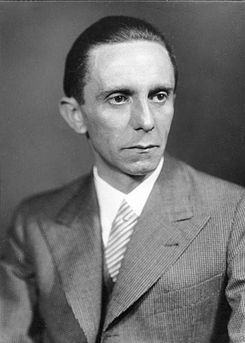
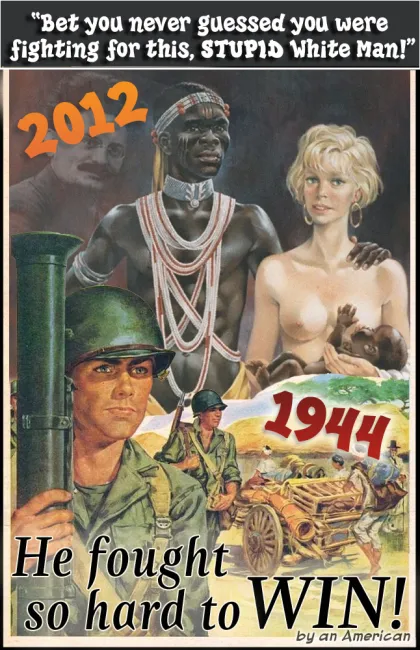

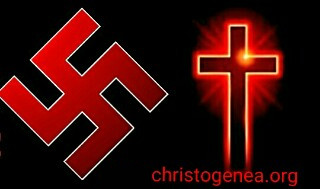
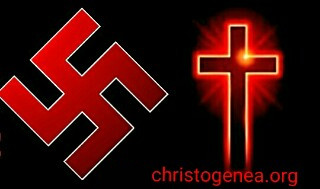
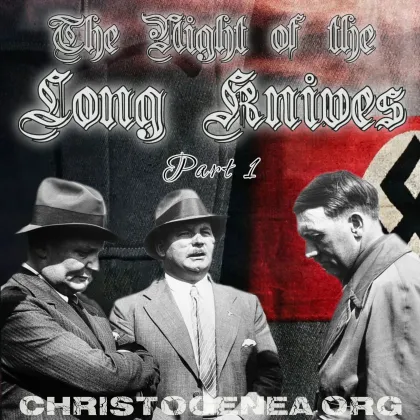
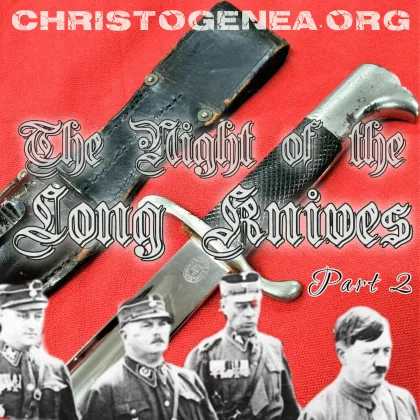
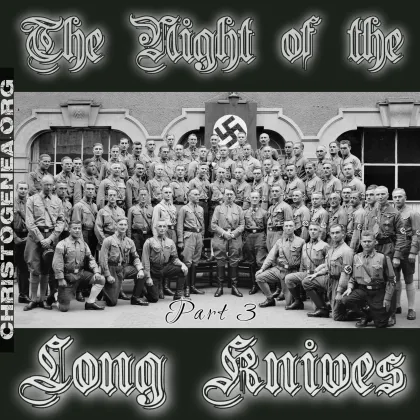
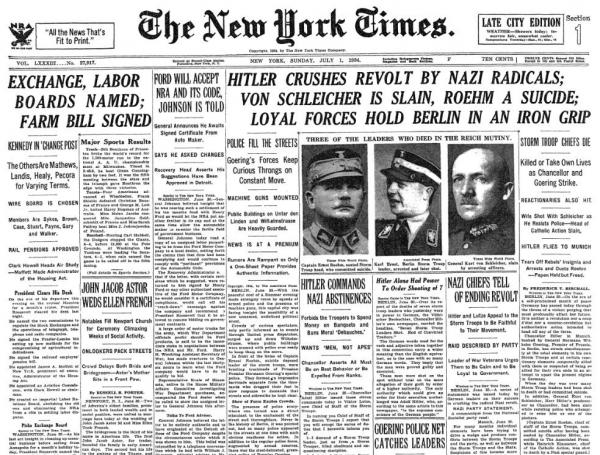




 Please click here for our mailing list sign-up page.
Please click here for our mailing list sign-up page.







